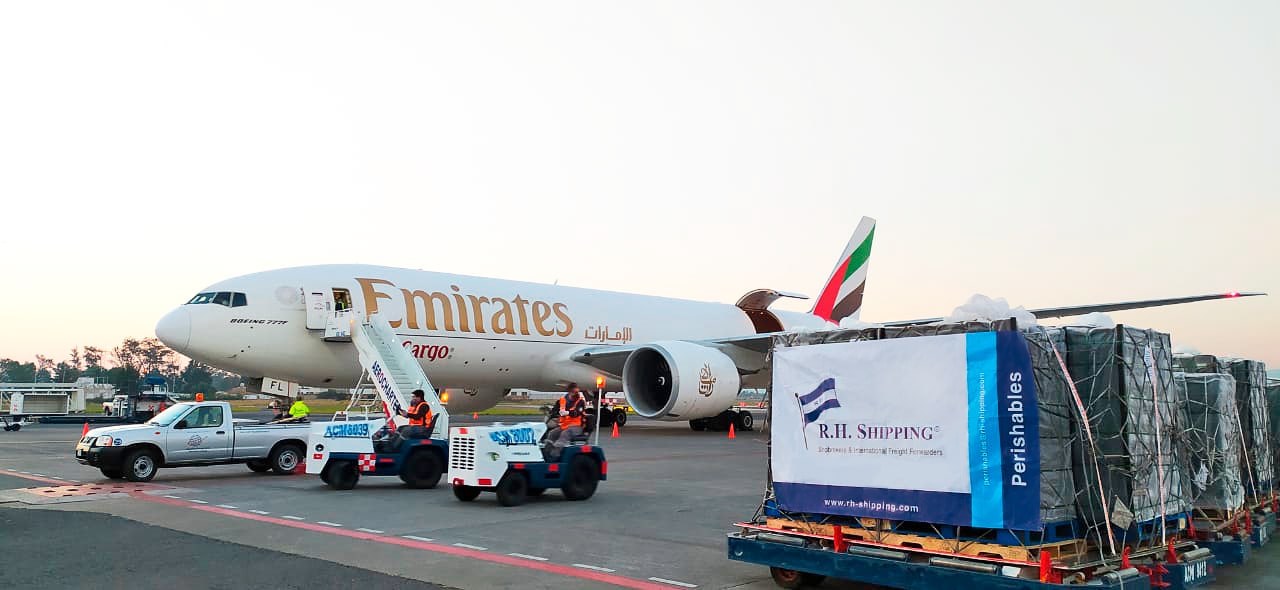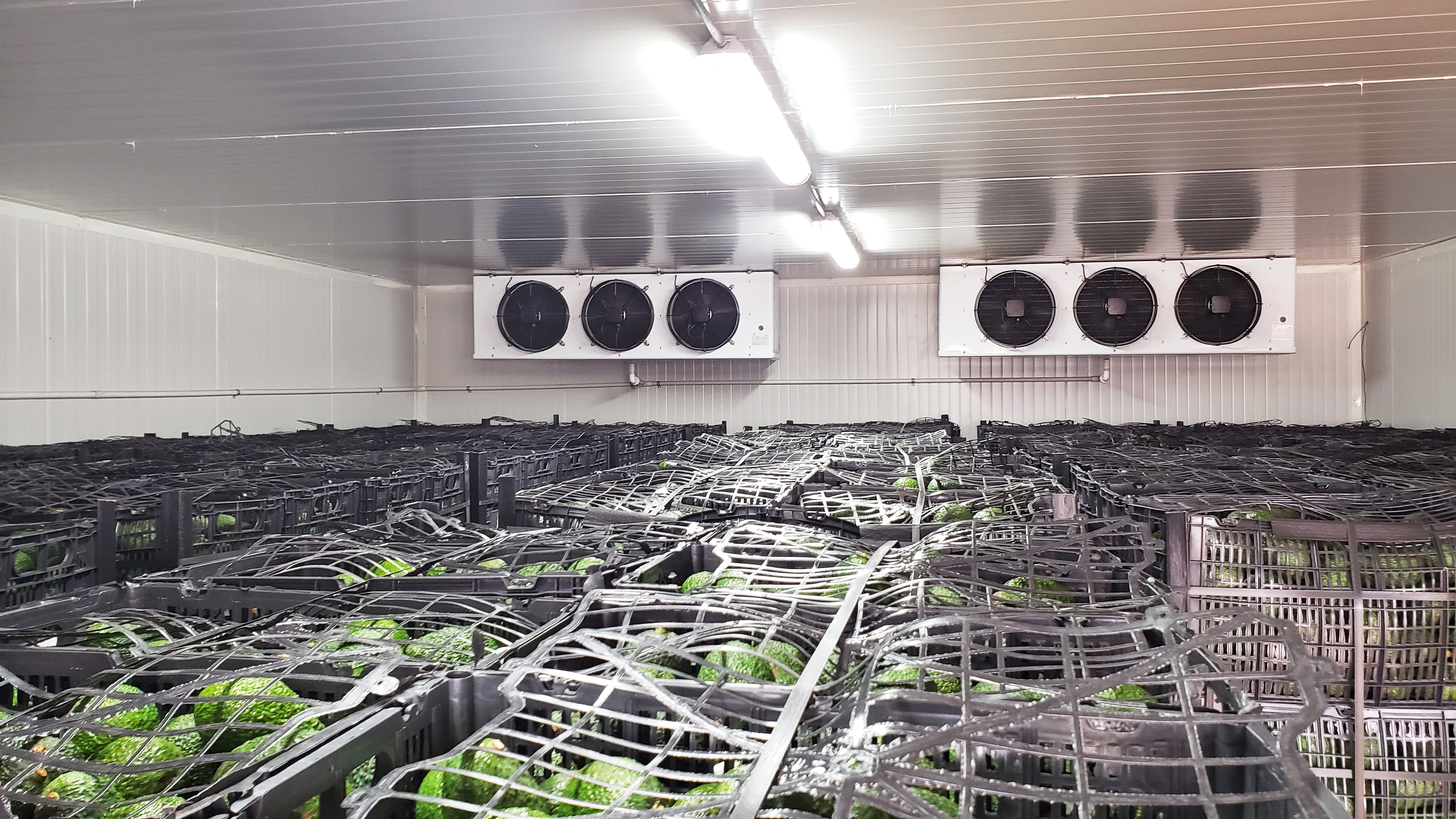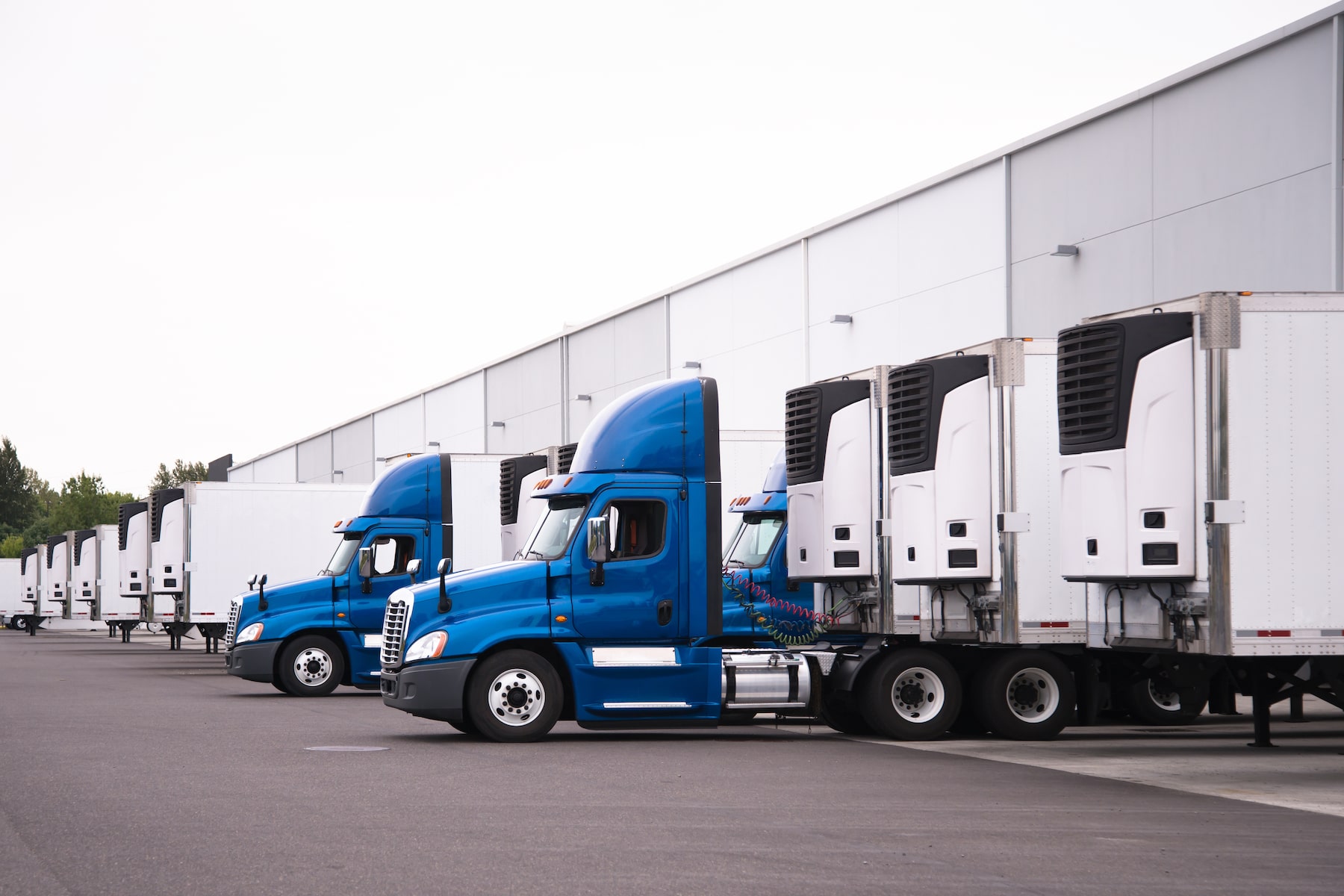Moving into 2023, the transportation of perishable goods has become even more important. As new technologies move at a faster pace, businesses must stay up to date on the best practices for transporting items in the safest and most efficient way. Let's look at what this means for logistics and procurement managers in the coming year.
The future of transportation in the food industry
As the supply chain in the food industry continues to grow and evolve, new forms of transportation are becoming more and more important. These include increased use of digital supply chains and robo-transport systems.
With technological advancements, expert input is more accessible than ever before, allowing for more precise tactics to boost efficiency and reduce costs.

The way we get food is changing. People are now more aware of the environmental impacts of food production. Eco-friendly is now becoming a priority for many industries adopting supply-chain solutions.
This will lead to a number of green options for transport solutions across the food industry.
Supply chain trends in the food and beverage industry for 2023
The food and beverage industry is always evolving with new trends and technologies emerging.
As 2023 approaches, there are several trends that we'll see in supply chain management.
Data-Driven Decision-Making
Data is becoming more important when making decisions about supply chain operations. Advanced analytics tools allow companies to gather data across their entire supply chain. This way they can have a better understanding of their current operations and potential future problems.
This information can help businesses make decisions and improve their operations while using predictive analytics to identify potential future problems and make plans to avoid them.
Increased Automation
Automation plays a vital role in the supply chain of food and beverage. Automated systems make operations simpler by reducing manual labor costs, while increasing accuracy and efficiency.
Automation also makes it easier to track inventory levels in real-time. That way companies can have up-to-date information about their supply chain at all times. As automation gets more advanced, it lets companies keep track of every part of their supply chains. This way, they can ensure everything runs smoothly from start to finish.
Sustainability Measures
As people learn more about how certain practices can harm the environment, sustainability is becoming more important to companies throughout the food industry.
Companies are now looking for ways to reduce their carbon footprints by switching to renewable energy sources.
They may also put in place some measures like waste reduction initiatives, or water-conservation projects.
These sustainability measures create a positive impact and can also help reduce costs associated with energy use or waste disposal fees over time.
Importance of a subject matter expert in perishable goods transportation
Logistics managers are responsible for making sure perishable goods transportation is efficient. To have a good transportation plan, you must have access to an experienced subject matter expert in perishable goods.
Reducing Risk and Improving Quality of Service
Having a subject matter expert on board helps to reduce the risk associated with transporting perishable goods. They will have the knowledge and experience to help anticipate potential problems before they arise, ensuring that delivery goals are met while avoiding unnecessary complications.
A logistics company can also help you save money by reducing transit times or finding more cost-effective shipping options.
Managing Regulatory Requirements
Subject matter experts are also critical in managing regulatory requirements related to perishable goods transportation.
An expert will know the laws, regulations, and standards on food safety and temperature control during transport. This ensures that all shipments follow the law, which is essential when dealing with things that can go bad, like food or medicine.

Training Logistics Managers
Finally, having access to a subject matter expert allows you to stay up-to-date on the best practices for perishable goods transportation.
They can provide valuable insights into how new technologies can be used to optimize delivery processes and to train on how best to use these technologies in the field.
This guidance can help logistics teams become more efficient at delivering their products while ensuring compliance with industry standards and safety protocols.
What to look for in a Freight Forwarding company for transporting perishable foods
When it comes to shipping perishable foods, quality is key. That's why selecting a freight forwarding company with the right qualifications, experience, and reputation is paramount. But what should you consider when choosing a freight forwarder for your perishable food needs? Let's consider the factors you should consider before making your decision.
Experience and Reputation
When you are looking for a freight forwarding company, experience is essential. A good freight forwarder will have much knowledge about supply chains and be able to identify potential problems that could happen during transport. They will also be able to address these problems quickly.
The company will know the laws for transporting food across borders. This means your items will arrive safely and on time. It is also important to check the company's reputation among its existing customers. You can do this by speaking with other companies who have used their services.
Cost
Cost is another major factor when selecting a freight forwarding company for your perishable food needs. You should ensure that the transport cost will be within your budget or squeeze out any of your profits.
Check for hidden fees or extra charges that the freight company may not have included in the initial quote. Additionally, compare prices from different providers to get an idea of the market rate for such services.
Technology & Infrastructure
Choosing a freight forwarding company with access to modern technology and infrastructure is vital. This will help ensure that your shipments are delivered smoothly every time. Look for a provider that offers tracking systems so you can track where your shipments are at all times, as well as real-time notifications about any delays or issues related to delivery.

Real-time tracking and notifications mean you won't have to worry about whether your shipment arrived safely. The provider should also offer temperature control solutions, so you can control exactly how cold or hot items need to be kept in order for it to remain safe during transport.
Now let's take a look at the best practices for perishable goods in 2023:
First, let's consider the importance of temperature control. Temperature control is one of the most important aspects of transporting perishable goods, as any change in temperature can drastically reduce shelf life or even cause spoilage.
For this reason, investing in insulated containers with built-in temperature monitoring sensors is vital. This will allow you to monitor temperatures throughout transit and ensure that your products arrive safely.
Second, let's look at packaging technology. By taking advantage of new packaging materials such as bubble wrap and foam inserts, you can ensure that your products arrive safe and sound.
Additionally, some packaging materials come with moisture-sensing capabilities, alerting you if there is an issue during transport. This allows you to take corrective action quickly before any damage occurs.
Finally, it is important to consider tracking technology when transporting perishable goods. GPS tracking devices are becoming more and more popular as they enable businesses to accurately keep track of their shipments in real-time and allows companies to resolve any issues that may arise during transit to ensure their products arrive on time.
Logistics and procurement managers should be aware of best practices for perishable goods, like investing in temperature-controlled containers with new tracking technologies - these methods can help businesses maximize efficiency while minimizing damage due to improper storage or handling conditions during transit.
As a business owner, you need to stay up-to-date on transportation trends. This can help you reduce losses and ensure that your customers always receive quality products on time.

Leave a comment